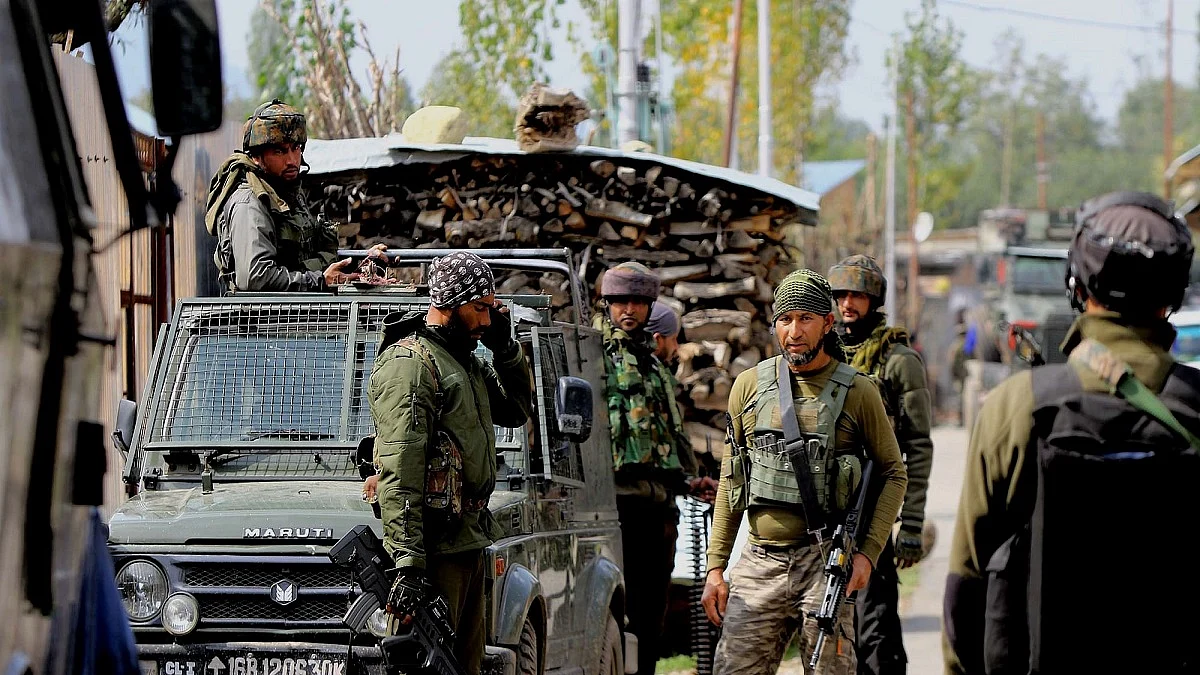Home Ministry extends BSF’s jurisdiction in three states; Punjab, West Bengal slam move, demand roll back
The Ministry of Home Affairs has extended the jurisdiction of Border Security Force (BSF) from 15 km to 50 km inside the international border along Punjab, West Bengal and Assam

The Ministry of Home Affairs (MHA) has extended the jurisdiction of Border Security Force (BSF) from 15 km to 50 km inside the international border along Punjab, West Bengal and Assam. This means BSF personnel will have the power to carry out arrests, searches and seizures to the extent of 50 km inside the three states sharing international boundaries with Pakistan and Bangladesh.
The MHA reportedly said the move was meant to “improve operational efficiency” and “crack down on smuggling rackets”. It claimed that the recent dropping of weapons through drones from across the border prompted the decision to expand BSF's jurisdiction . The Ministry said it was amending an earlier notification of 2014 on jurisdiction of the BSF to exercise its powers in states where it guards the international border.
As per the new notification, BSF personnel will be able to conduct arrests and searches in West Bengal, Punjab and Assam under the Code of Criminal Procedure (CrPC), the Passport Act, and the Passport (Entry to India) Act. In Assam, West Bengal, and Punjab, the BSF had the right to search and arrest just like the state police, but within 15 km of the border.
In the same notification, the jurisdiction of BSF in Gujarat has been reduced and the extent of the border has been reduced from 80 km to 50 km to 'bring uniformity', while in Rajasthan the radius area has been kept 50 km as before. No boundaries have been set for the five northeastern states of Meghalaya, Nagaland, Mizoram, Tripura, and Manipur. Along with this, there is no boundary set in Jammu & Kashmir and Ladakh.
A Union Home Ministry official said the changes were made under the Border Security Force Act of 1968, following suggestions from the BSF, and that the aim was also to keep the force’s operational jurisdiction uniform in these states.
This decision has, however, snowballed into a debate on state autonomy. Protesting the decision, Punjab Chief Minister Charanjit Singh Channi tweeted, “I strongly condemn the government's unilateral decision to give additional powers to BSF within 50 km belt running along the international borders, which is a direct attack on the federalism. I urge the Union Home Minister Amit Shah to immediately roll back this irrational decision.”
Punjab Home Minister and Congress leader Sukhjinder Singh Randhawa compared the move to the imposition of “internal emergency”, and one that casts aspersions on the “patriotism of Punjabis”.
“There is a feeling that the government wants to teach a lesson to Punjab for raising a voice against the farm laws. I urge the Centre not to allow the communal harmony to be destroyed,” he said. Randhawa said he has written to Prime Minister Narendra Modi and Union Home Minister Amit Shah to reconsider the decision.
Randhawa also pointed to “difficulties” on the ground. “We have a piece of land in Chandu Wadala village near Kalanaur, which falls under the first line of defence. I, being the Home Minister and Deputy Chief Minister of Punjab, cannot go to my village. I have to seek permission from the BSF commandant. Even if permission is granted, my security cannot accompany me,” he said.
West Bengal Transport Minister and TMC leader Firhad Hakim said: “The Central government is violating the federal structure of the country. Law and order is a state subject but the Central government is trying to interfere through central agencies.”
Congress MP Manish Tewari tweeted that the Centre’s decision “transgresses upon constitutional public order & policing remit of States” and that “Half of Punjab will now fall under BSF jurisdiction”.
He pointed out that under the BSF Act, “Section 139 (ii) gives sweeping powers of arrest to BSF. It has powers of preventive arrest under Section 139 (1) & post offence arrest under 139 (ii). No mention of consultation with local police. Scheme of Act & its implementation regime needs to be studied.”
The MHA also claimed that the decision was taken to curb illegal activities linked to national security in 10 states and two Union Territories, but it might also raise administrative and political issues. “It's a very politically sensitive move. The main aim of BSF is to guard borders and stop infiltration. Recent cases have shown they have not been able to guard the delineated line," a senior police official was quoted as saying by NDTV.
He added that this would lead to regular confrontations with local police, and also villagers, when searches and seizures are done.
Follow us on: Facebook, Twitter, Google News, Instagram
Join our official telegram channel (@nationalherald) and stay updated with the latest headlines